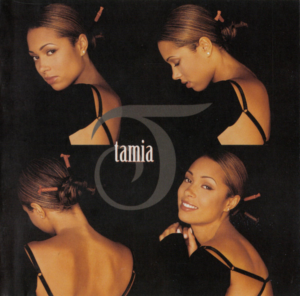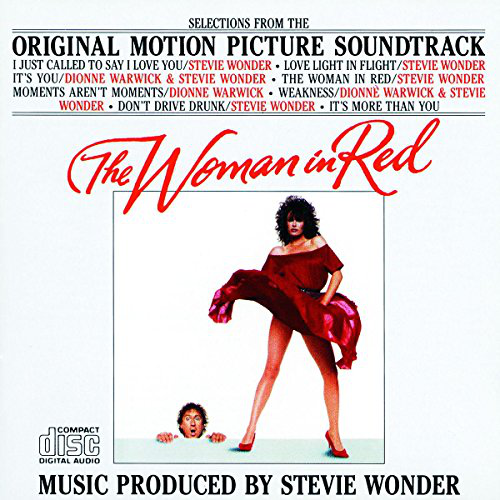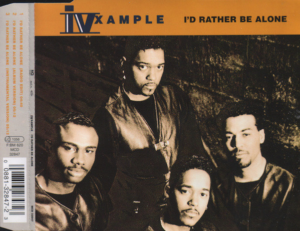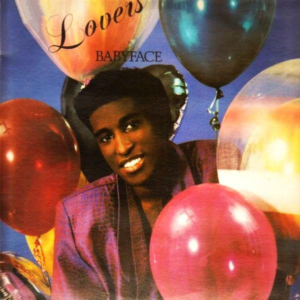In the summer of 1984, music legend Stevie Wonder had already churned out numerous hits and two classic albums in the form of Songs In The Key Of Life and Hotter Than July. Stevie Wonder still had tons of music left, though, and would soon deliver his second soundtrack album, The Woman in Red, to accompany Gene Wilder’s same tiled film.
Arriving in stores on August 28th, the album was led by “I Just Called to Say I Love You.” The first single is a commercial ballad with heartfelt lyrics, in which Wonder expresses his feelings for his partner through a phone call. Throughout the song, he lists various events that inspire someone to reach out to their loved ones without tying them to any specific occasion. He desires to convey his deep affection and love for her from the depths of his heart. Earning Stevie Wonder an Oscar for Best Original Song, “I Just Called to Say I Love You” remains his best-selling single almost forty years later.
As famous as the song was, some music fans and Stevie pursues found it bland when considering Stevie’s previous work. Wonder returned to sultry funk with the second single, “Love Light in Flight.” While the song has a dance floor vibe, Stevie still croons about love and a deep longing for a love that exceeds any previous relationships and brings him pure bliss. “Love Light in Flight” hints that while we may have known before, we always felt like something was missing.
When we finally meet the right person, we believe our new love will take us to new heights and fulfill our desires. The lyrics also highlight the importance of trust and chemistry in a relationship. The phrase ‘fuel injection passion’ suggests that their love is intense and mighty as if an unstoppable force drove it.
Stevie delivered a message song for the third single with, “Don’t Drive Drunk.” I respect the message and always bring awareness of a threatening issue to life, but the album’s closing song feels out of place. Furthermore, when you consider that a year later, the song, along with its accompanying music video, was featured in the Ad Council and the US Department of Transportation’s Drunk Driving Prevention public service announcement, it comes across as filler.
The remainder of the album finds Wonder delivering what fans have come to love about his music. “It’s More Than You” is a lush instrumental; Dionne Warwick joins for duets on the ballads “It’s You” and “Weakness.” Warwick also gets a solo track with “Moments Aren’t Moments.”
Serving as Wonder’s 21st album in his twenty-year career, at that point, The Woman in Red may not always fully reach the creative heights of his previous work due to the commercial aspect it has. Nevertheless, even when Stevie plays it safe, he delivers a better project than some current singers who shall remain nameless.
Final Grade: B
The Woman in Red is available on all streaming platforms.






